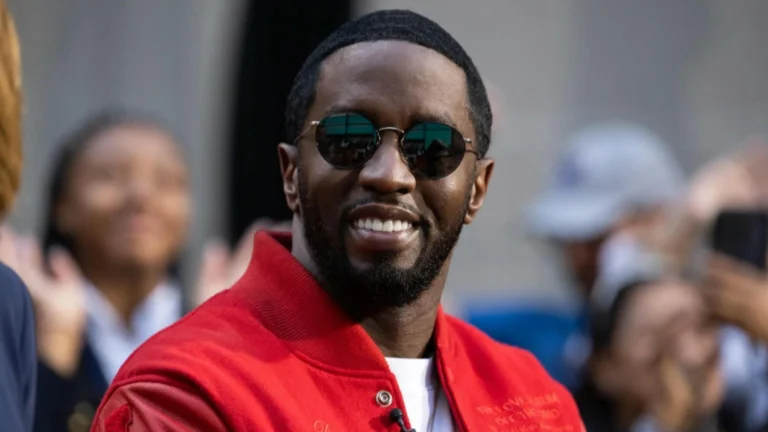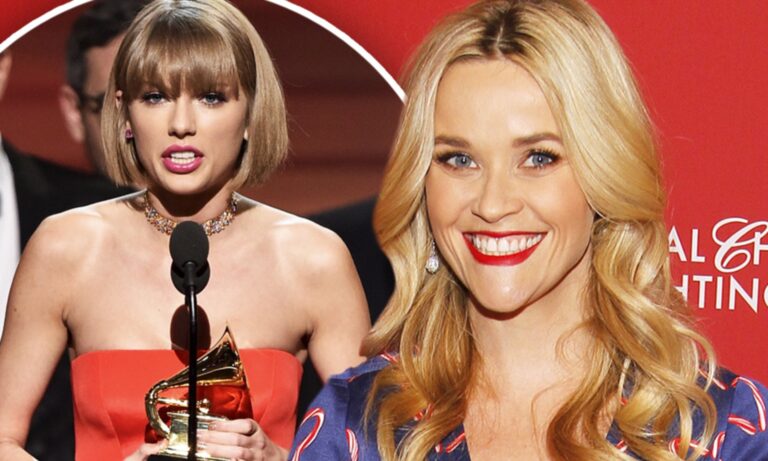Influencer Lawsuit: Amazon Affiliate Copyright Explained
Introduction
In 2025, a legal storm hit the influencer industry. Several content creators involved in Amazon’s affiliate marketing program were hit with copyright infringement lawsuits—sparking panic among thousands of TikTok and Instagram influencers.
This major lawsuit, now known as the “Amazon influencer copyright case,” exposes how affiliate marketing without proper rights can lead to DMCA takedowns, account suspensions, and even financial damages.
In this article, we’ll explain:
- What exactly happened
- Who’s affected
- What copyright laws influencers violated
- What Amazon’s role is
- And how you can avoid making the same mistake
What Sparked the Amazon Affiliate Lawsuit?
The lawsuit was filed in early May 2025 by a video licensing agency and two original content creators. They accused several influencers of:
- Copying their product demo videos
- Reuploading them with minor edits
- Posting them on TikTok and Amazon’s Influencer storefronts
- Earning affiliate commission from that stolen content
The plaintiffs claim that this is a clear case of content theft and copyright infringement.
Who Was Sued?
The lawsuit targets:
- 5 TikTok creators (100K–500K followers)
- 3 micro-influencers active on Amazon Live
- All of them are part of Amazon’s affiliate program, using video-based product reviews
Their mistake?
They used product videos from other creators or brands, edited them slightly, added a voiceover, and passed them off as original—without permission.
Amazon Affiliate Program: A Quick Recap
The Amazon Influencer Program lets creators:
- Create custom storefronts
- Share affiliate links to Amazon products
- Earn commissions for sales they drive
- Post shoppable video reviews on Amazon product pages
While Amazon encourages creators to make original content, some try to grow quickly by:
- Using unlicensed content
- Copying existing demo videos
- Repurposing YouTube or TikTok clips without credit
Now, it’s landing them in legal trouble.
What Copyright Laws Were Violated?
The creators allegedly violated several parts of U.S. copyright law:
1. Title 17, Section 106
Prohibits reproducing or displaying copyrighted works (e.g., product videos, graphics, audio) without permission.
2. DMCA (Digital Millennium Copyright Act)
The creators reuploaded and monetized videos that didn’t belong to them, violating DMCA protections.
3. False Endorsement
Some included fake brand partnerships or misrepresented themselves as product creators.
Keyword Target: Amazon affiliate copyright violation

Amazon’s Role in the Lawsuit
As of now, Amazon is not directly named in the lawsuit. However:
- It has suspended the storefronts of all involved influencers
- It issued new copyright guidelines for creators
- It launched a “Creator Integrity Check” to review future video uploads
A spokesperson from Amazon said:
“We support creative, original content. We do not tolerate copyright violations. All influencers are required to follow our community and content guidelines.”
Why This Lawsuit Matters for Every Influencer
You don’t need millions of followers to be sued. This lawsuit shows that even small creators are legally responsible for their content—especially when money is involved.
If you’re using any third-party content in:
- Product reviews
- Amazon affiliate videos
- TikToks promoting Amazon links
You must have full legal rights to use it.
Common Mistakes That Lead to Copyright Infringement
❌ Downloading & Reusing Other People’s Videos
Even if you “remix” or trim someone else’s content—it’s still theft without proper licensing.
❌ Using Brand Logos or Product Footage Without Rights
You can’t assume brand product videos are free to use unless Amazon explicitly allows it.
❌ Ignoring Music Licensing
Background music in a video must be royalty-free or officially licensed.
❌ No FTC Disclosure
Failing to disclose affiliate links is another red flag. Always say:
“As an Amazon Associate, I may earn from qualifying purchases.”
Safe Practices for Affiliate Influencers
To avoid lawsuits like this one, follow these best practices:
✅ Always Create Original Content
Film your own reviews. Use your own photos, videos, and scripts.
✅ Use Royalty-Free Media
Use music, images, or templates from verified royalty-free platforms only.
✅ Disclose All Affiliations
Be transparent. Your audience and the FTC expect it.
✅ Get Permission When Necessary
If you want to use a product clip from another source—get written permission.

FAQs
Q1: Can I reuse Amazon product videos in my own affiliate content?
Not unless you’re the original creator or have explicit permission.
Q2: What happens if I violate copyright in an Amazon affiliate video?
You can be reported, face DMCA takedowns, lose affiliate rights—or be sued.
Q3: Are small influencers also at risk of lawsuits?
Yes. Lawsuits are increasingly targeting micro and nano influencers as well.
Q4: Does Amazon check all influencer videos?
Not manually—but AI-based content review tools are becoming more common.
Q5: How do I know if a video or image is copyright-safe?
Only use content you created or got permission to use. Avoid random downloads from TikTok, Pinterest, or YouTube.
Fact Check
Claim: TikTok influencers are being sued for using Amazon product demo videos they didn’t create.
Rating: ✅ TRUE
Explanation: Legal documents filed in California confirm that influencers reused copyrighted video content and monetized it through Amazon’s affiliate system without permission.
Conclusion
The Amazon influencer lawsuit proves that fast growth through affiliate marketing can come at a serious legal cost. Whether you’re on TikTok, Instagram, or YouTube—if you’re using someone else’s work to promote products and earn commissions, you’re taking a major risk.
The solution is simple:
- Be original
- Be transparent
- Be legal
Protect your content. Protect your brand. And never assume content online is free to use.
📰 Follow DailyNewsBuz for real-time updates on influencer lawsuits, brand controversies, copyright issues, and social media trends.







